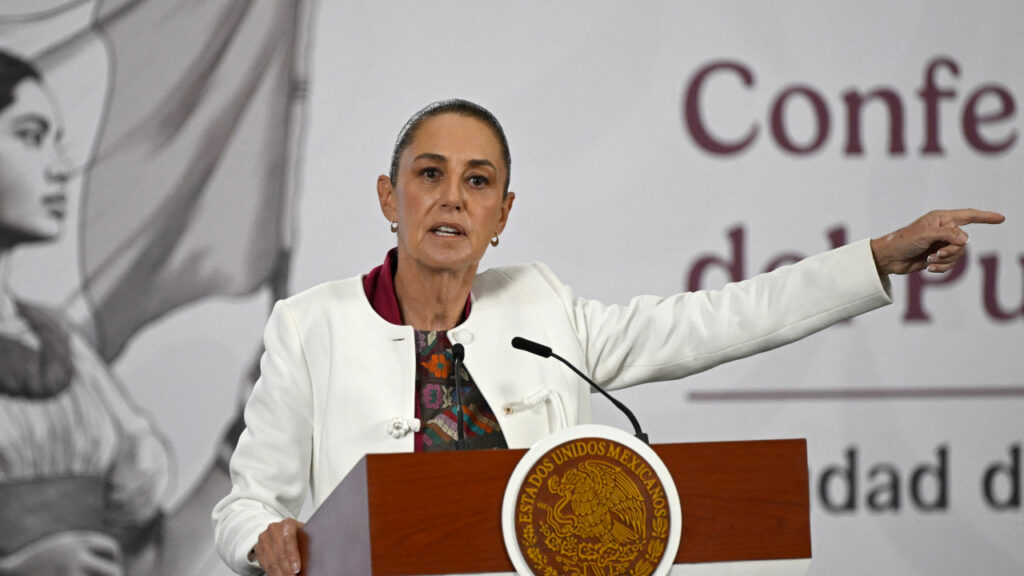
Rarámuri Runner Candelaria Rivas Ramos Walked 14 Hours to the Starting Line. Then She Won a 63K Ultramarathon in Chihuahua
Candelaria Rivas Ramos, a runner from the Rarámuri people in Mexico, is making the rounds online after achieving an impressive feat in athletics. The 30-year-old Indigenous woman took first place in the Ultramaratón de los Cañones 2025. Without prior experience, the athlete completed 63 kilometers (51,57 miles) in just 7 hours and 34 minutes.
It gets even more jaw-dropping. Rivas Ramos competed in the race after walking 14 hours to get to the starting line. Now, her inspiring story is receiving worldwide attention.
The event celebrates the running tradition in the Rarámuri lands
The Ultramaratón de los Cañones is a yearly competition that traverses mountains, canyons, and steep paths. Departing from Guachochi, Chihuahua, the event takes place across the Tarahumara region, home of the Rarámuri. Also known as the Tarahumara people, this Indigenous group has historically been recognized for its running tradition. In fact, their name itself, Rarámuri, can be translated as “light-footed,” underscoring their running heritage.
Rarámuri’s endurance and way of running—without tech devices or established training—has, for years, sparked the world’s curiosity. Their methods have even inspired studies and a new era in running practices and products. Prominently, many credit them for inspiring a wave of minimalist and barefoot running.
Candelaria’s inspiring journey to the finish line
Embracing her people’s tradition, Candelaria Rivas Ramos participated in the 2025 Ultramaratón de los Cañones in the 63k category. Per UnoTV, which interviewed the runner, she crossed the rugged Sinforosa ravine on foot and spent the night in a cave before the event.
On the day of the competition, Rivas Ramos carried the Rarámuri attire and wore simple socks and flat shoes — though originally, Rarámuri wear huaraches. After crossing the line and receiving her medal, she shared simple words dedicating the win to her family. A municipality worker shared that Rivas Ramos and other members of her family were inspired to join the competition after watching fellow Rarámuri people who have made it a tradition to run the ultramarathon.
Her win was rooted in her community’s heritage and connection to the land
While the competition was held in July, Candelaria’s feat reached the international press in August. Now, interested in her story, people are discovering the Rarámuri’s running legacy. For one thing, their ability to run long distances in huaraches has piqued the internet’s interest. Well, just like many Indigenous communities in Mexico, the Rarámuri go by the huaraches. Their version is a simple strap sandal, usually made of natural fibers, leather, or rubber tires.
Rivas Ramos’s lack of competitive experience is another piece of the story attracting attention. Athletes generally train for months or even years to compete in marathons. For context, marathon distance for major events like the Olympic Games doesn’t surpass 43 km in venues adapted for sports competition. Candelaria ran 63 km in the rugged terrains of Sierra Madre.
Of course, that’s not to say the Rarámuri can run without training. As Daniel E. Lieberman and co-authors highlight in Current Anthropology, the community’s ability is “cultivated” by their lifestyle. There is also a spiritual and historical component to their ability and passion for running. For centuries, the Rarámuri have practiced enduring hunting and traditions like the rarajípare and ariwete, where the community reunites for foot races. According to ethnographic studies, the Indigenous group regards running as a way to co-exist harmoniously with nature.
The Rarámuri continue to make history
While Candelaria’s story is undoubtedly awe-worthy, this isn’t the first time Rarámuri women have made athletic history. In 2024, a team of six women broke records, completing the Speed Project ultramarathon in 52 hours. The women ran 340 miles from Los Angeles to Las Vegas, repping their community in traditional wear.
With her recent win, Candelaria Rivas Ramos joined a group of inspiring women honoring running as part of their heritage. Her feat is an example of Rarámuri’s determination, connection to the land, and living life in motion.




